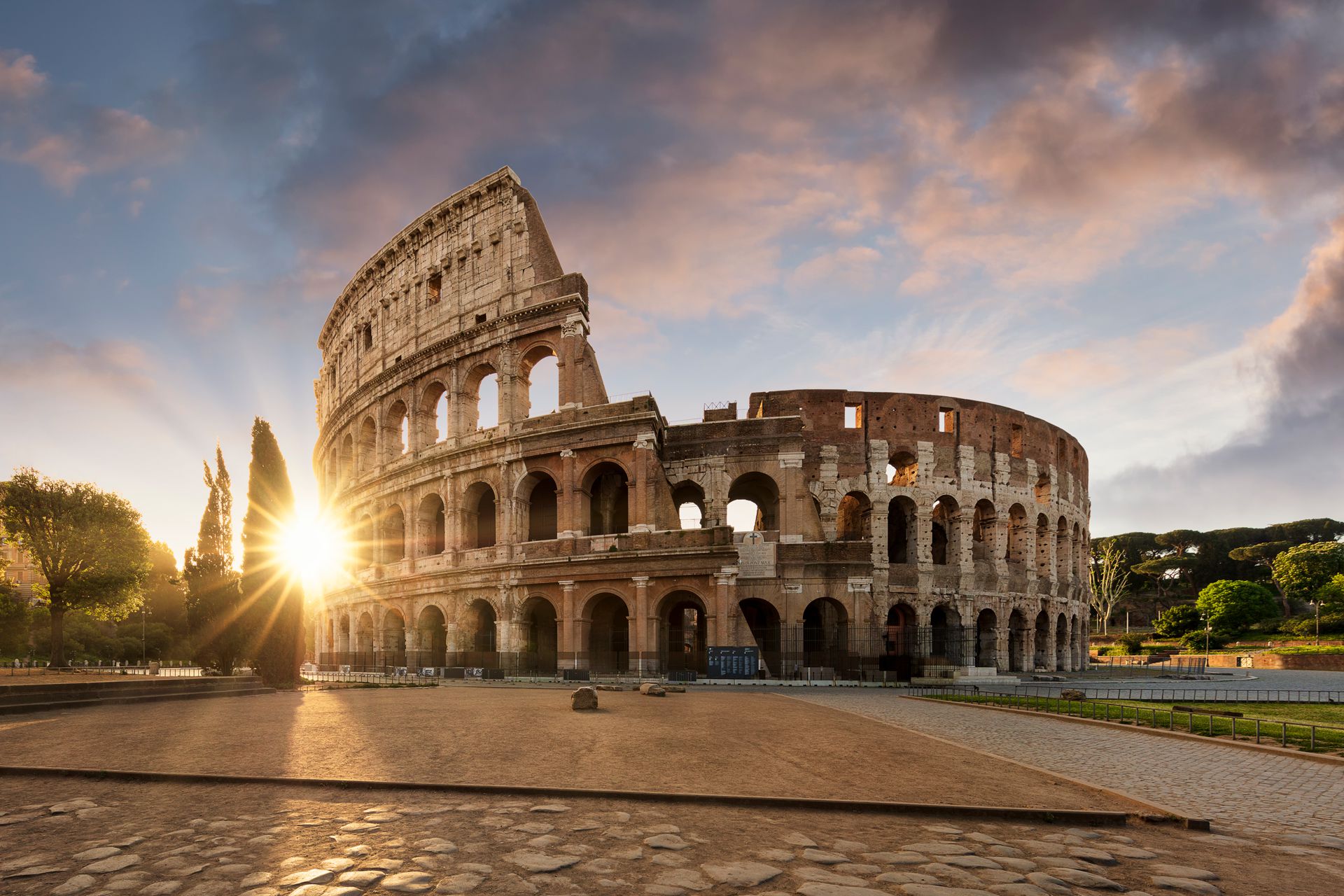At the end of last year, I wrote a post about phrases containing people’s names, which generated quite a lot of interest. I hope you will also enjoy this post about phrases based on place names.
I will start with adjectives from countries. People say It’s all Greek to me when they don’t understand something at all. Similarly, in British English, we sometimes describe language we can’t understand as double Dutch:
I looked at the contract, but it’s all Greek to me.
The terms they used sounded like double Dutch to me.
Other phrases with ‘Dutch’ include go Dutch, which means to share the cost of something – usually a meal. Dutch courage is a humorous way of describing the confidence that an alcoholic drink can give you:
We decided to go Dutch on our first date.
He needed a bit of Dutch courage before he asked her out.
We use the phrase play Russian roulette in a figurative way to describe taking a dangerous and reckless risk. On a more pleasant note, an Indian summer is a period of warm weather that follows colder autumn weather, in countries where the autumn is usually rather cold:
The government is playing Russian roulette with the country’s future.
Let’s make the most of this Indian summer.
One slightly old-fashioned phrase that contains the name of a country rather than the adjective is not for all the tea in China. This emphasizes that nothing could persuade you to do something:
I wouldn’t take that job for all the tea in China!
Let’s move on to cities now. There are several phrases containing the word ‘Rome’. Rome wasn’t built in a day means that it often takes a long time to achieve worthwhile things. When in Rome, do as the Romans do means that if you are in a different place, especially a different country, you should behave in the same way as the local people, and if you accuse someone of fiddling while Rome burns, you mean that they are doing unimportant things when they should be dealing with a serious problem.
I only have 50 Twitter followers at the moment, but Rome wasn’t built in a day.
She accused officials of fiddling while Rome burns.
In British English, if a group of people sends someone to Coventry, they refuse to speak to them. Brits also use the phrase carry/take coals to Newcastle to describe providing something that someone already has a lot of (Newcastle was a prominent mining area):
His colleagues sent him to Coventry for working during the strike.
Selling cheese to the French is like carrying coals to Newcastle.
I hope you find these phrases useful. What countries or cities are used in phrases in your language?



